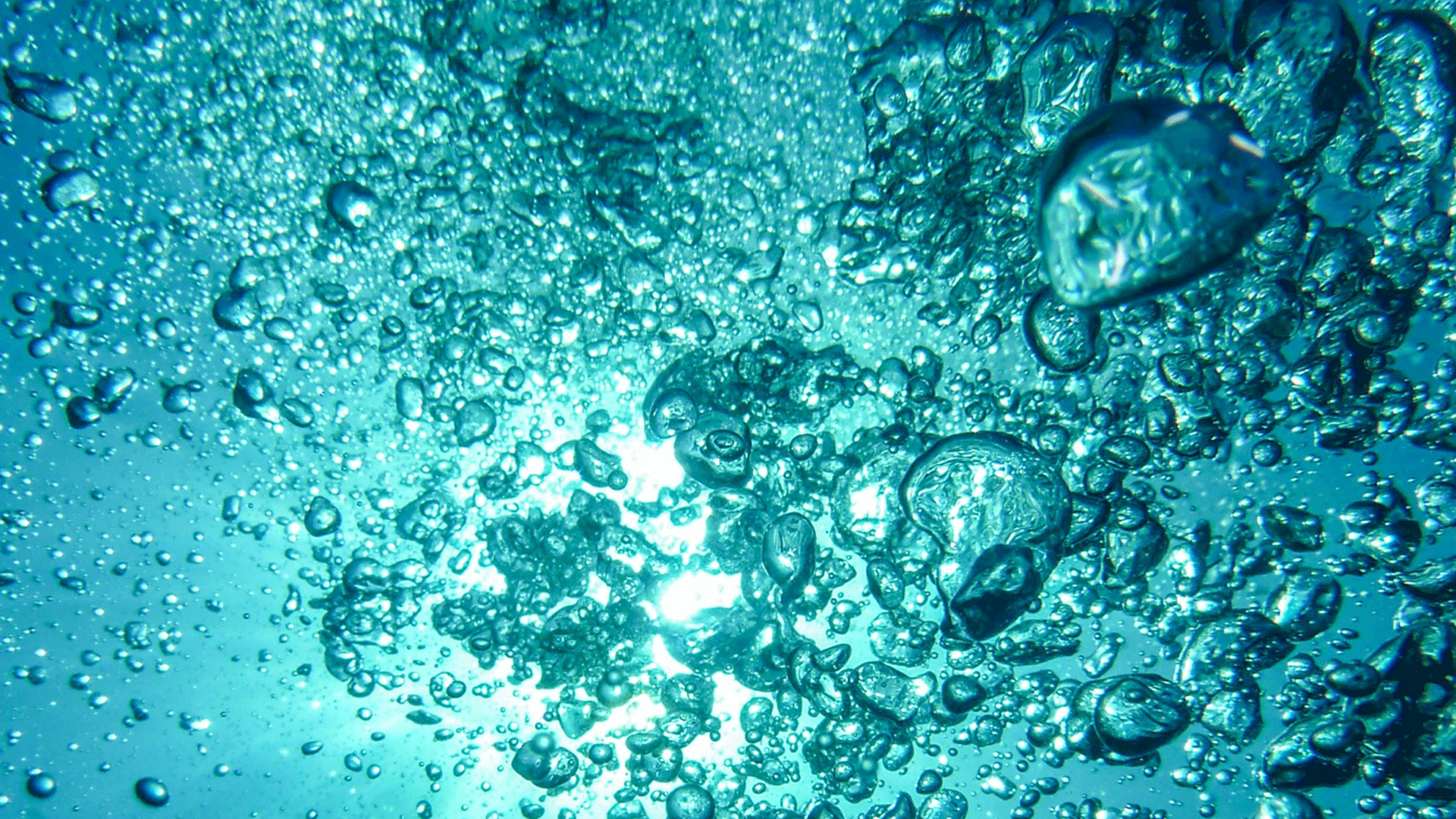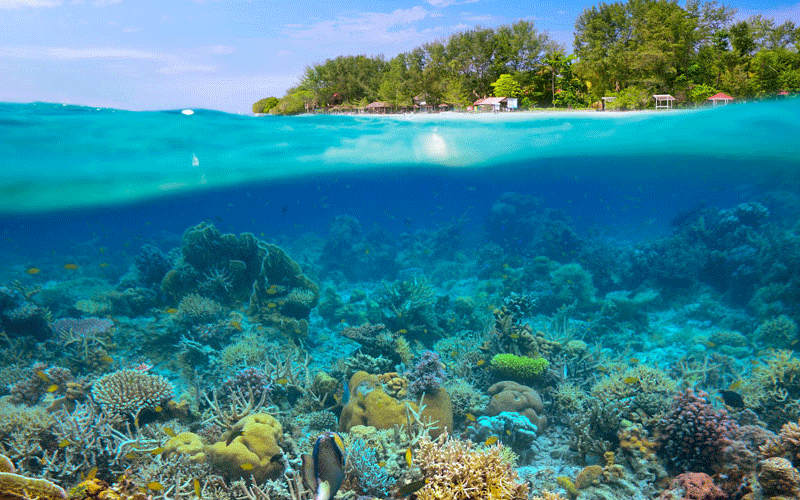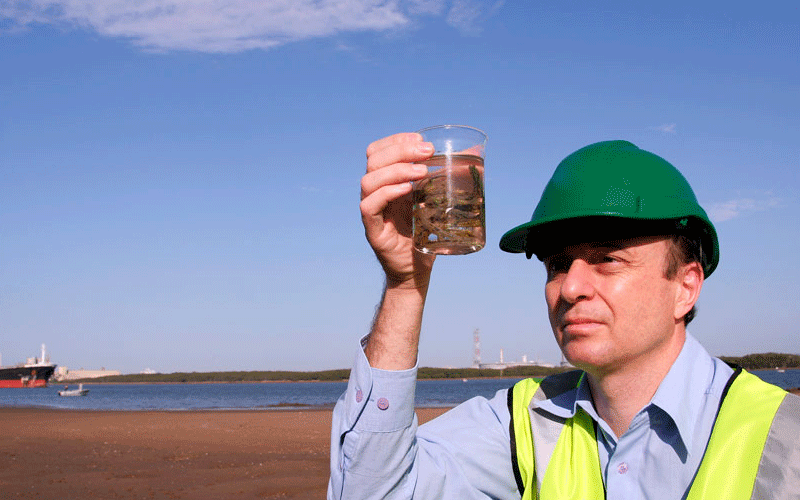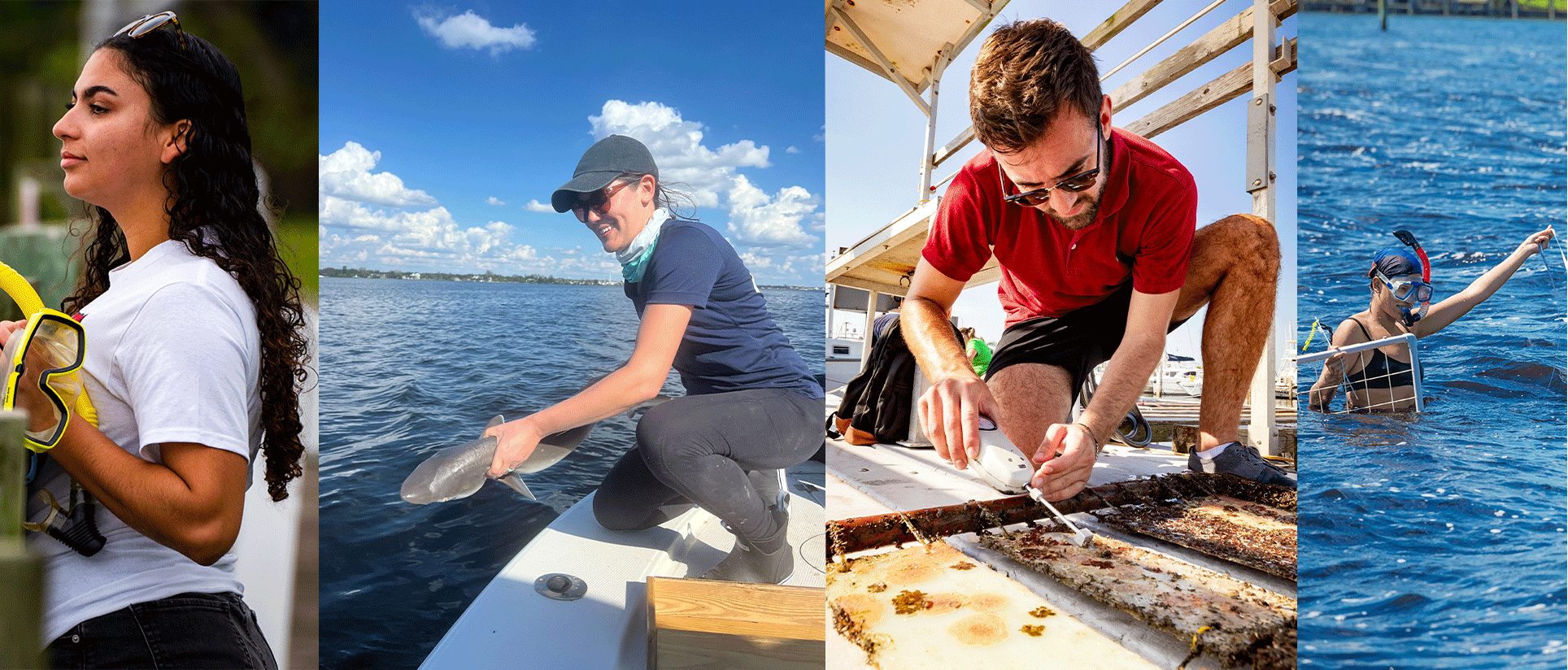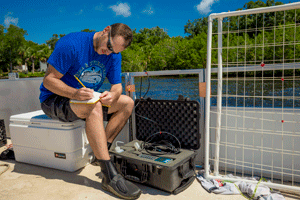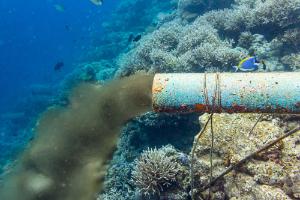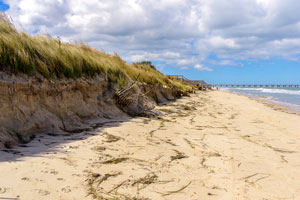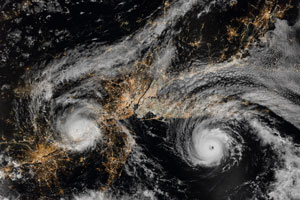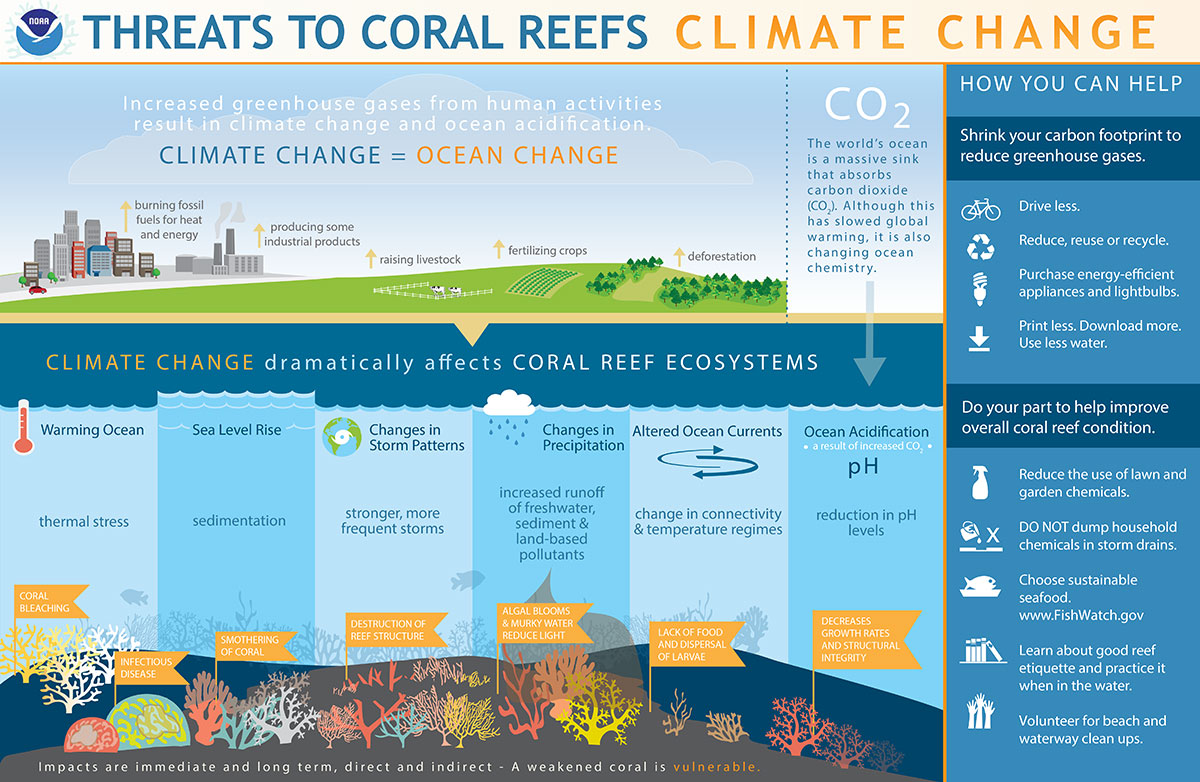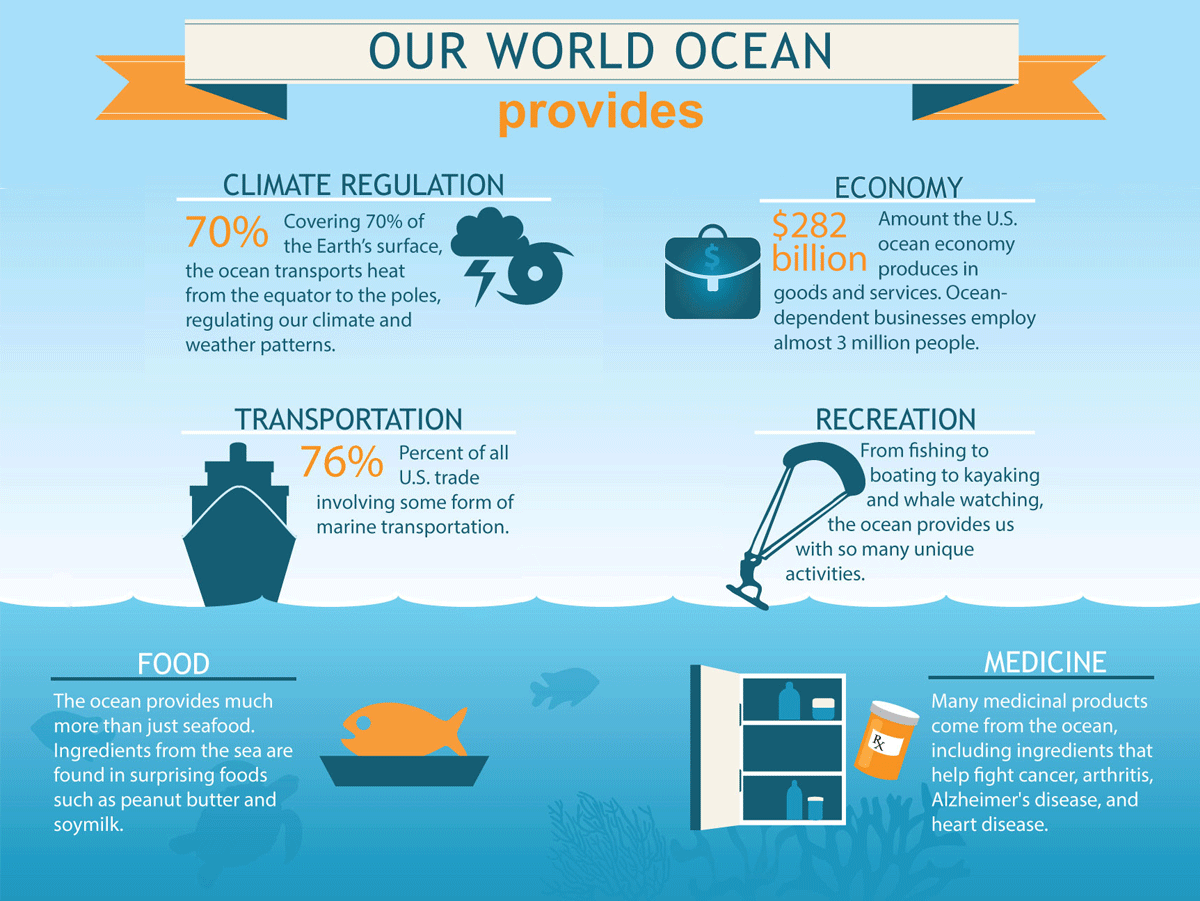There are many issues of global concern that influence our planet’s oceans and marine systems including climate change, pollution, erosion, sustainability and conservation, to name a few. With over 70% of the Earth covered by water, the health of the world’s oceans and lakes is critically important for sustaining life.
Marine scientists, oceanographers and marine biologists use their expertise in marine science issues to identify, control and manage marine challenges and alleviate potential future problems. Students with a curiosity for the ocean and marine ecosystems find that these disciplines, often interrelated and aligned with each other, present unique areas of specialization and wide-ranging career opportunities. Deciding where their interests are and which path to take is the first step. So, what is the difference between oceanography and marine biology?

 Give to Florida Tech
Give to Florida Tech 